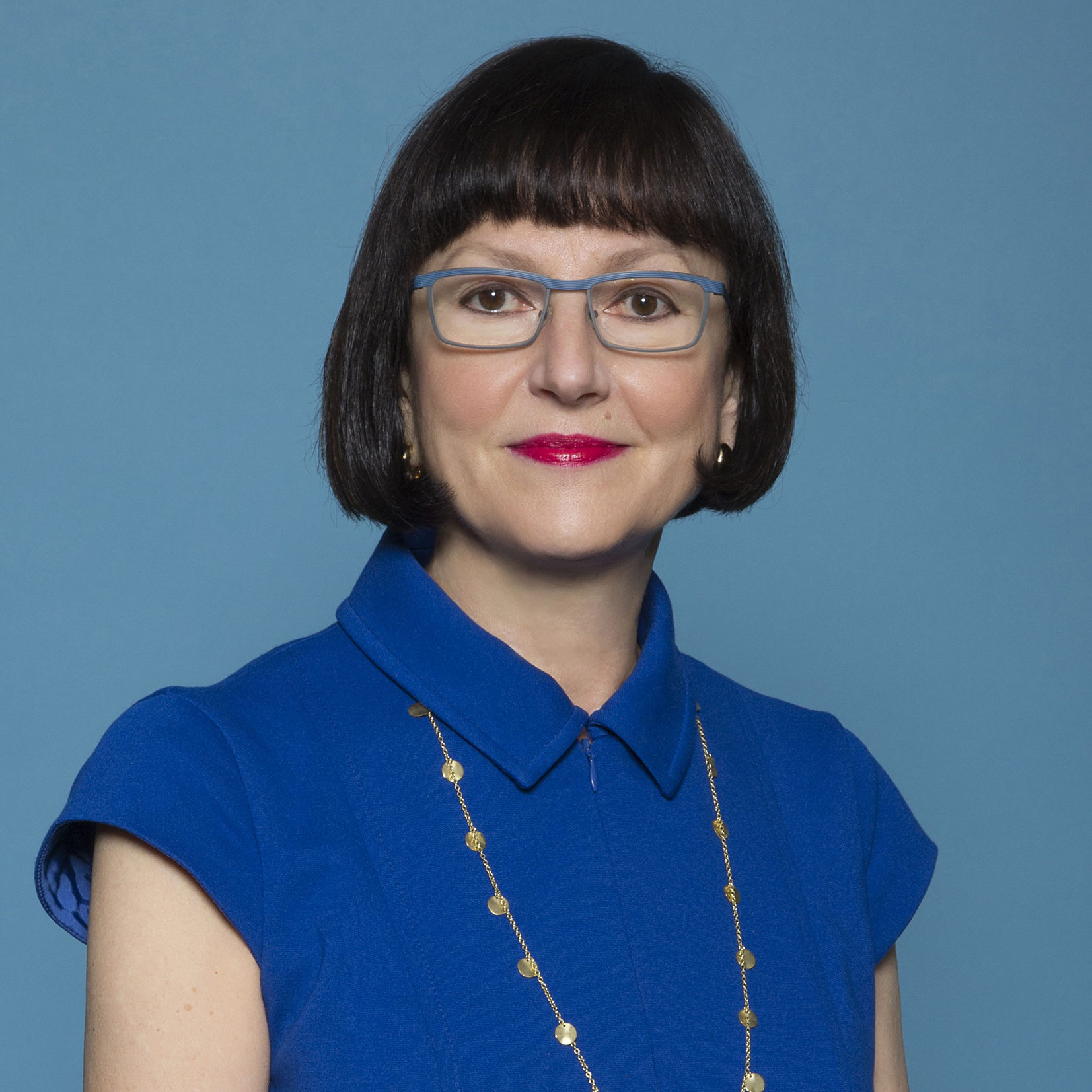
Sharon Oberlander, a wealth management advisor with Merrill Lynch and long-time mentor to women entrepreneurs and executives, shares her thoughts on what women in business should know about investing, retirement and personal finance.
While the economy generally grew at a slow pace in 2016, employment in women-owned firms continued to increase according to the National Women’s Business Council. In fact, women-owned businesses are expected to create one-third of the 15.3 million projected new jobs by 2018. What women entrepreneurs do with their wealth will have a lasting effect on both economic growth and societal norms.
Q: The Dow has been rallying since November 2016. Do you think it’s too late to invest in this market or do you expect the rally to continue?
A: There are opportunities in this market, but far more important than getting a piece of the action when the going is good is having an investment strategy based on your life goals. Wealth should serve a purpose; it should get you somewhere important to you.
If an investment strategy is built on clearly defined life goals like making regular retirement allocations or saving for a second home, then a women entrepreneur—or any investor for that matter—can have confidence that their wealth is serving the purpose of maintaining or improving quality of life. So the question ‘are you investing in this market?’ is important but only if it’s within the context of ‘is your investment portfolio anchored by your life goals?’
Q: Is there a specific percentage of income women entrepreneurs should be devoting for retirement?
A: The rule of thumb is 10 to 15% of disposable income should be devoted to retirement. But there are many variables that can change that number, including expected lifestyle at retirement, when you start saving, what type of investor you are and when you plan or hope to retire. Given that retirement under-funding is not uncommon among entrepreneurs and that women tend to live longer than men, women may need to put away even more. I’ve also found through psychological profiling that more women clients prioritize family and a legacy above all else, so the share of income devoted to retirement funding may need to be higher to meet those goals. Bottom line: The earlier and more aggressive a women entrepreneur is with retirement funding, the better.
Q: Suppose a particular woman entrepreneur has a track record of benefitting from taking risks. Does this quality translate well in the investment world?
A: We’ve studied risk taking between men and women at Merrill Lynch and found that women are less likely to want to make regular changes in their investments just to try to improve returns. In reality, fewer episodic changes to an investment approach can translate to lower trading fees and offer a slightly better overall return on investment.
Risk-taking has its place, but self-discipline and self-awareness arguably are more important. Resisting impulsive buy or sell decisions during market volatility is a far better gauge of long-term investment success.
Q: What are the most common challenges a household faces when either spouse or both are entrepreneurs?
A: Almost all of my clients have jobs where downtime is scarce or nonexistent. That goes double for entrepreneurs. Couples are so busy working hard, taking care of the kids and trying to maintain a healthy marriage that they leave little time or energy to visualize where they want to be at retirement. Do they want to travel during retirement? Is there an aging parent they’ll need to care for? Is their child eyeing a college with steep tuition? These are real examples of life priorities that require meeting annual financial targets.
Dreams require plans. Plans need numbers. And numbers can be measured against goals. Couples who make time for intentional conversations about their future are more likely to have peace of mind that their hard work is amounting to something meaningful to them.
Q: Do you have any advice for women entrepreneurs who want to grow their businesses but also want to have a family?
A: There’s a good story about Steve Jobs that’s appropriate for this question. In his younger days, Jobs had a passion for calligraphy and wanted to be a calligrapher. Then life happened: He met new people, had diverse experiences and made life-changing decisions. Before he knew it, he was CEO of Apple. Did he abandon his passion for calligraphy? Actually he designed it into the Mac, a legacy that survives to this day in all word processing platforms. He also went on to do a few other things. The moral of the story for women entrepreneurs who may have competing goals is that they should live life and always hold onto their passions. They just may achieve their goals but in a way they never imagined.
Learn more about the Entrepreneurs’ Organization and apply for membership today!
Categories: FINANCES Mentor WOMEN ENTREPRENEURS
